24/7 Valencia: Could you tell us more about the legendary Valencian born composer?
Fundación Victoria y Joaquín Rodrigo: “Joaquín Rodrigo was born in Sagunto (Valencia) on 22 November 1901, the day of Santa Cecilia, the patron saint of music. At the age of three, he lost his sight as a result of a diphtheria epidemic. This circumstance, as he would later state, undoubtedly led him to his vocation for music. At the age of eight he began his musical studies of sol-fa, violin and piano, and from the age of 16, harmony and composition with the masters of the Valencia Conservatory, Francisco Antich, Enrique Gomá and Eduardo Chavarri.
His first compositions date from 1923: Suite for Piano, Two Sketches, for Violin and Piano, and Siciliana, for Cello. In 1924 his first work for orchestra, Juglares, was premiered in Valencia and Madrid, and he obtained the diploma of honour in a national competition with his work for orchestra, Five pieces for children, which was later premiered in Paris by the Straram Orchestra. From the beginning, Rodrigo writes all his works in the Braille system, and then dictates them to a copyist.
In 1927, following the example of his predecessors Albeniz, Falla, Granados and Turina, Rodrigo moved to Paris and entered the Ecole Normale de Musique to study for five years with Paul Dukas, who showed a special predilection for his disciple. When his teacher died in 1935, Rodrigo wrote in his memory the Sonada de adiós for piano.
He soon became known as a pianist and composer in the Parisian musical circles and made friends with Ravel, Milhaud, and Honegger, and many other great figures of that time, among them Manuel de Falla, whose advice and support would be decisive in his career.
In 1933, he married the Turkish pianist Victoria Kamhi, who he remained with until her death in July 1997, an inseparable companion and his most assiduous collaborator. He continued his studies of musicology in France at the Paris Conservatory and the Sorbonne, and also worked in Germany, Austria and Switzerland before returning to Spain in 1939 to settle permanently in Madrid.
In 1940 the world premiere of the Concierto de Aranjuez for guitar and orchestra took place in Barcelona, a work that would give him universal fame and a clear example of his personal style.
From then on he developed an intense artistic activity, both creative and academic, being of special relevance the following positions: Professor of History of Music in the Complutense University of Madrid, music advisor of Radio-diffusion, music critic in several publications and Head of the Artistic Section of the ONCE (National Organization of Spanish Blind People). He is invited, as an excellent pianist and lecturer, to tour Spain and the rest of Europe, Latin America, the United States, Israel and Japan. Always accompanied by Victoria, he frequently attends Competitions and Festivals dedicated to his works.
Joaquín Rodrigo’s music represents a tribute to the different cultures of Spain. No other Spanish composer has used, as a source of inspiration, such varied manifestations of the soul of his country, from the history of Roman Spain to the texts of contemporary poets. His music is refined, luminous, fundamentally optimistic, with a clear melodic predominance and original harmony. His early works are influenced by the composers of his time, such as Ravel and Stravinsky, but very soon a personal voice emerges that will come to create a unique chapter in Spanish culture in the 20th century, where the originality of his musical inspiration is always linked to a devotion to the fundamental values of his tradition.
Joaquín Rodrigo’s prolific and varied musical creation includes eleven concerts for different instruments, more than sixty songs, choral and instrumental works, and music for stage and cinema. Some of the most outstanding instrumentalists of our time have commissioned works from him, including Gaspar Cassadó, Andrés Segovia, Nicanor Zabaleta, James Galway, Julian Lloyd Webber and the Romero Quartet. His writings on music are numerous and demonstrate his deep knowledge of the arts, as they deal with subjects as varied as 16th century Spanish polyphony, the symphonic poems of Richard Strauss, and conducting, among others.
Joaquín Rodrigo has received numerous distinctions from governments, universities, academies and other civil and musical entities in many different countries throughout his life, but the following are particularly significant and reflect the outstanding place that the composer occupies in the cultural history of Spain: Grand Cross of the Order of Alfonso X the Wise, Grand Cross of Civil Merit, Gold Medals of Merit for Work and Fine Arts, two times National Music Award, Doctor honoris causa from various universities, Director of the Royal Academy of Fine Arts of San Fernando, and the Guerrero Foundation Award. In 1991, on the occasion of the 90th anniversary of his birth, concerts and tributes dedicated to his music were held all over the world, and Joaquín Rodrigo was ennobled by His Majesty the King of Spain, Don Juan Carlos I, with the title of “Marquis of the Gardens of Aranjuez”.
In 1996 he received the highest distinction granted in Spain, the Prince of Asturias Prize for the Arts, awarded for the first time to a composer. The jury highlighted that “his name is already among the classics of Spanish music, alongside Falla, Granados or Albéniz, and it particularly values Maestro Rodrigo’s definitive contribution to the dignification and internationalisation of the guitar as a concert instrument”.
Joaquín Rodrigo died in Madrid on July 6th 1999, surrounded by his family. In order to protect and divulge Rodrigo’s valuable artistic heritage, his only daughter, Cecilia, married to the famous violinist Agustín León Ara, founded the Joaquín Rodrigo Editions in 1989 and, in 1999, also established the Victoria and Joaquín Rodrigo Foundation.”
Related Post
This site uses Akismet to reduce spam. Learn how your comment data is processed.


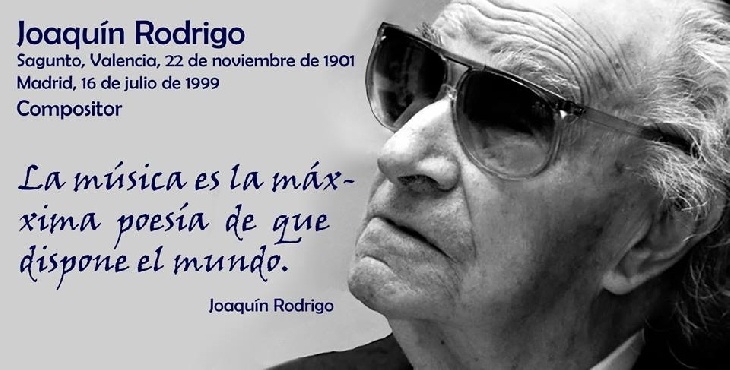
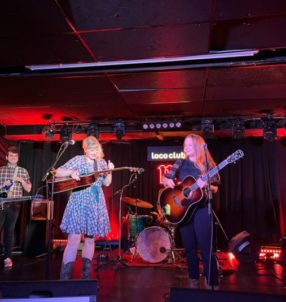
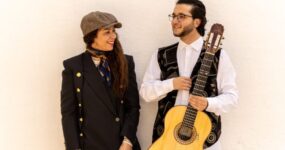
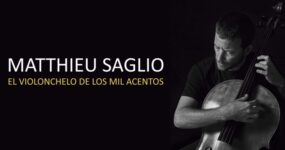
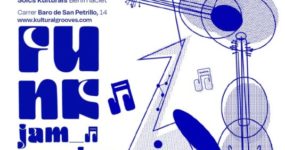
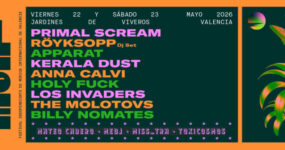


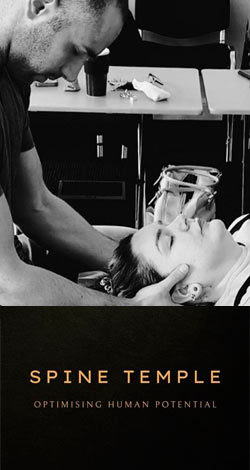















Leave a comment